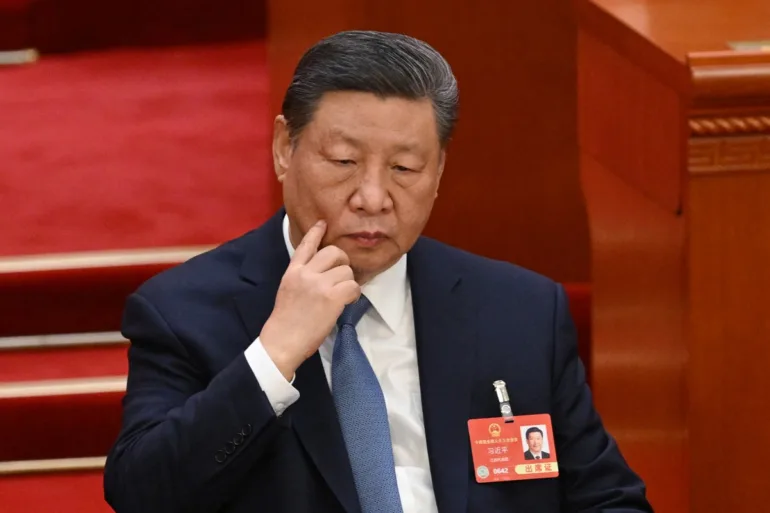China announced on Sunday that it will speed up the integration of artificial intelligence (AI) and big data in elderly and social care services, leveraging new technologies to drive economic growth in the face of an aging population.
The move comes as the country grapples with a declining workforce and a low birth rate.
“We will accelerate the development and application of new technologies, including big data and artificial intelligence, in social assistance, elderly care services, and services for people with disabilities,” said Civil Affairs Minister Lu Zhiyuan at a news conference during China’s annual Two Sessions political gathering.
Lu emphasized that the goal is to make services “more convenient, more accessible, and more standardized.”
China’s population shrank for the third consecutive year in 2024, with over 310 million people aged 60 and above. As the workforce continues to decline, the government is turning to technology as a key driver of future economic growth.
Since the release of DeepSeek’s latest AI model in January, local governments have rapidly incorporated the technology into their services. Despite US restrictions on the sale of advanced AI chips to Chinese companies, DeepSeek’s budget-friendly AI model has outperformed many of its Western counterparts.
President Xi Jinping reinforced the government’s commitment to supporting the sector last month, hosting a rare symposium for private tech companies, where he encouraged executives to “show their talents.” DeepSeek’s founder, Liang Wenfeng, attended the event, along with leaders from major technology firms such as Tencent, Huawei, and Xiaomi.
AFP


